1. Buying the biggest backpack possible
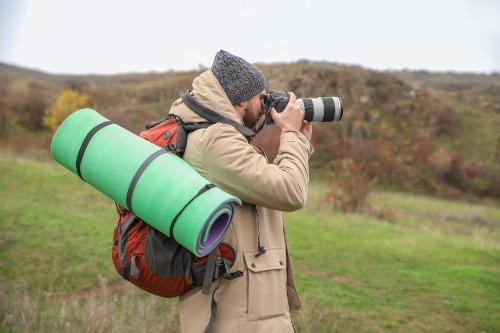
It feels natural to assume that bigger means better when it comes to living out of a bag, but that’s not always true. A giant pack often tempts beginners into overpacking, adding unnecessary weight and strain. Experienced nomads know that mobility matters more than capacity. Lugging around 70 liters of gear through airports and crowded streets usually signals someone hasn’t quite figured out what they truly need.
The irony is that most people end up using only about 60–70% of what they pack anyway. Larger bags also make you a more obvious target for scams or theft, since they scream “tourist.” Seasoned travelers usually stick with leaner, carry-on-sized packs that keep them nimble. It’s about efficiency, not excess, and your back will thank you for it.
2. Booking only through popular apps

Relying exclusively on Airbnb or Hostelworld feels safe and familiar. While those platforms are fine starting points, they can trap you in tourist-heavy areas with inflated prices. Locals often have better, cheaper options that never make it onto big booking sites. If your lodging list stops at the top app stores, you’re probably missing out.
Seasoned nomads diversify their search, looking to regional booking apps, Facebook groups, or even bulletin boards at cafés. This approach often uncovers cheaper rooms, short-term rentals, or shared houses in authentic neighborhoods. It also means you connect more directly with locals instead of staying in cookie-cutter expat bubbles. When you only trust the big platforms, it shows you’re new to the game.
3. Carrying a full wardrobe
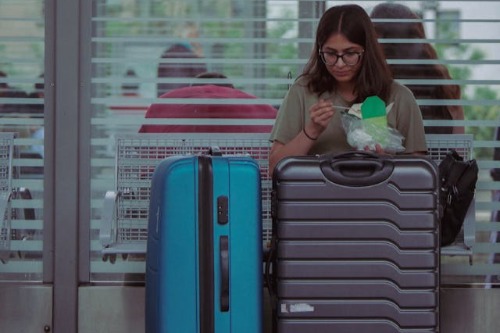
Packing for every possible situation seems logical, but it quickly backfires. New nomads often carry multiple pairs of shoes, heavy coats, or bulky outfits “just in case.” Not only does this slow you down, but it makes adapting to minimalist living harder. Lugging fashion choices around the world can unintentionally signal that you’re not used to constant mobility.
Experienced travelers rely on layering, versatile fabrics, and neutral colors that mix and match. They know that thrift shops, swaps, and local markets exist nearly everywhere. This mindset not only lightens the load but also creates room for spontaneous purchases. Instead of packing like you’re moving house, packing like you’re ready for change shows maturity.
4. Staying in tourist districts only
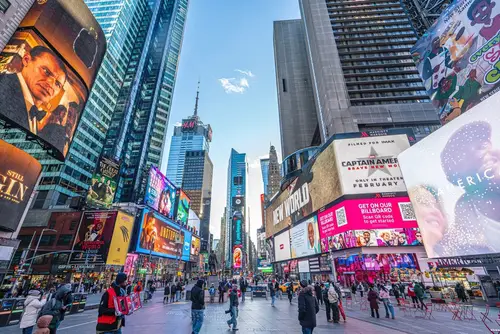
Booking a room downtown, near monuments or nightlife, feels like the safest choice. But living only in these hotspots often means paying higher prices and missing everyday life. It’s a common rookie move that keeps you surrounded by other foreigners rather than locals. You get less immersion, and it often costs more for the same quality of living.
Experienced nomads usually gravitate toward neighborhoods where locals actually live. Grocery prices are lower, cafés aren’t doubling as Instagram backdrops, and you learn the real rhythms of a city. This also helps you stretch your budget without feeling like you’re constantly “on holiday.” If you only know the view from the tourist side, it shows.
5. Ignoring travel insurance

Skipping insurance seems like a way to save money until something goes wrong. Many beginners assume they won’t need it if they’re careful. But accidents, illness, or even lost gear can wreck both plans and finances. Not having a backup plan signals you’re still thinking like a short-term tourist, not a long-term traveler.
Veteran nomads understand that insurance isn’t optional; it’s peace of mind. Even minor mishaps like food poisoning or dental emergencies are easier to handle with coverage. Insurance also makes visa applications and border crossings smoother in many countries. Protecting yourself means you’re prepared, not naive.
6. Using only cash

Carrying thick wads of local currency may feel practical at first. New nomads often assume cash is king everywhere, and that digital payments are risky. But flashing too much paper money can draw unwanted attention and is impractical in increasingly cashless economies. It ends up being more of a burden than a safeguard.
Seasoned travelers strike a balance between cards, digital wallets, and a small emergency stash of cash. This makes transactions smoother, especially in countries leaning toward contactless payments. They also benefit from better exchange rates and fraud protection through their banks. If you’re only working with paper bills, it’s a hint you’re still figuring things out.
7. Overplanning every detail

Mapping out every bus route, booking every stay, and scheduling days to the hour feels safe. It’s also a classic sign of inexperience, because flexibility is the lifeblood of nomadic living. Overplanning leads to stress when plans inevitably change, and it blocks opportunities for serendipity. What seems like control is often just unnecessary rigidity.
More experienced nomads keep a loose framework, focusing on essentials like visas or big flights. Beyond that, they leave room to adapt based on tips from locals or other travelers. This balance allows them to adjust when weather, transport, or personal interests shift. Too much structure can make life on the road feel like a business trip.
8. Avoiding local food

Some beginners stick to Western-style cafés and restaurants for comfort. It feels safe, especially when adjusting to a new culture. But relying only on familiar menus not only costs more but also cuts you off from cultural immersion. It’s one of the quickest ways to show you’re new at navigating global living.
Experienced nomads dive into street food, local markets, and traditional dishes. They know this is where you find not only better flavors but also better prices. Eating like a local often leads to spontaneous conversations and a deeper sense of place. Passing up local food means you’re holding on to home too tightly.
9. Relying on free Wi-Fi only
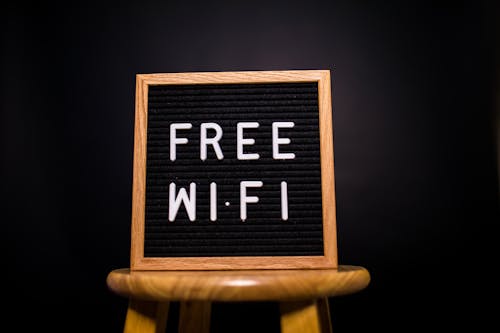
Many first-time nomads think they can just hop from café Wi-Fi to hostel Wi-Fi. It feels like a clever way to save on SIM cards or data plans. But in reality, it often leads to dropped connections, missed deadlines, and wasted hours. It signals you’re not yet treating mobility as a lifestyle, but as a vacation with email.
Experienced digital nomads prioritize reliable connectivity, whether it’s through local SIMs, eSIMs, or portable hotspots. They know consistent internet means consistent income and smoother communication. It’s not about luxury—it’s about maintaining independence and stability. Relying on free Wi-Fi is a shortcut that rarely works long term.
10. Collecting souvenirs everywhere
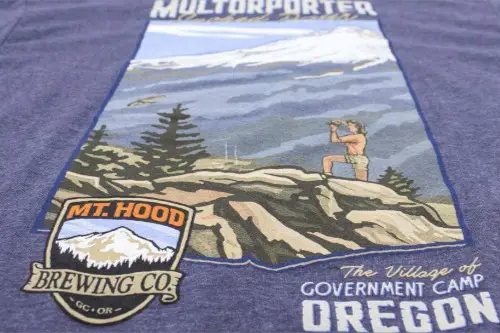
It’s tempting to pick up trinkets, art, or clothes in every city you visit. New nomads often treat the road like an extended shopping trip. But these items quickly add weight, cost extra to ship, or just end up discarded. It shows a mindset more geared toward short-term tourism than sustainable nomadic living.
Veteran travelers often focus on lightweight memories: photos, stories, or small keepsakes with real personal value. They may also gift themselves experiences rather than objects, like a cooking class or a guided trek. This approach is both lighter and more meaningful. Your backpack should carry your life, not your entire souvenir shelf.
11. Using taxis for every trip

At first, hailing a cab or rideshare feels convenient and secure. Beginners often default to this instead of figuring out buses, trains, or bikes. But it quickly becomes expensive and keeps you in a bubble. It also signals you haven’t yet adapted to local rhythms of movement.
Experienced nomads embrace public transit as a way to learn how a place works. They also know it saves money, reduces stress about parking or scams, and helps them navigate like locals. Walking or cycling also opens up neighborhoods tourists rarely see. If taxis are your main strategy, you’re missing the bigger picture.
12. Avoiding community connections

Many first-time nomads stay isolated, sticking to their laptop and routine. It can feel easier to avoid meeting others, especially if you’re shy or worried about scams. But skipping local and expat communities often leads to loneliness and burnout. Isolation is one of the clearest signals you’re new to this lifestyle.
Experienced nomads lean into coworking spaces, meetups, or language exchanges. These connections provide support networks, insider tips, and even future travel companions. A sense of community makes the lifestyle sustainable instead of draining. Living nomadically doesn’t mean living alone—it means choosing your circles intentionally.
This post 12 Nomadic Living Choices That Accidentally Signal Inexperience was first published on Greenhouse Black.
